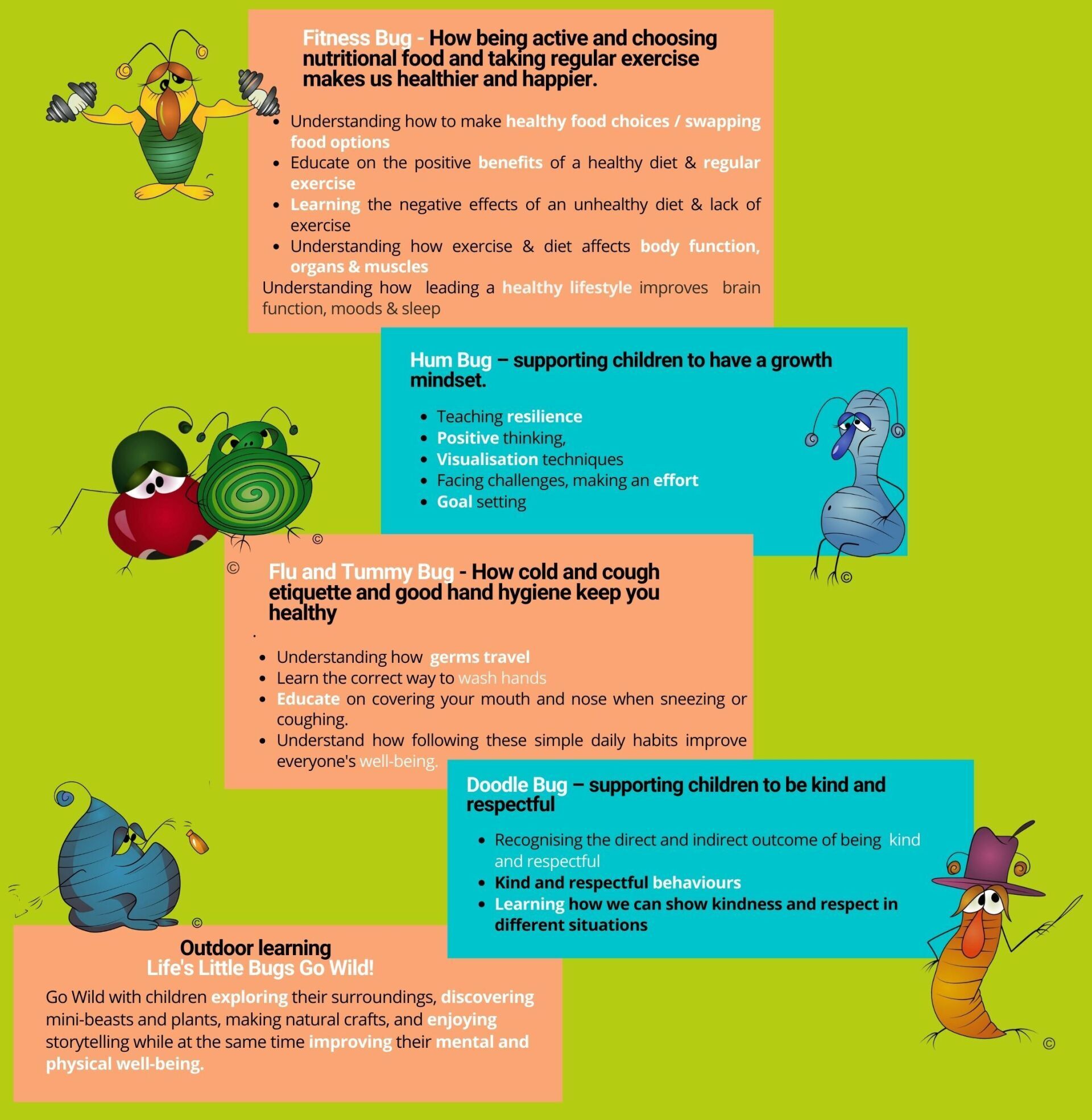5 Tips To Help Parents Cope With Change
Jo Fitzgerald & Sue Atkins • September 12, 2019
When our children are facing great change in their lives it’s sometimes uncomfortable and a little bit scary for us, their parents. Seeing them growing up, facing new challenges and life experiences, becoming more independent and more open to outside influences – well, that’s a lot to consider, and the unknown and the uncertain can bring lots of worry our way. But if we are to support our children effectively through these times, then it’s really important that we role model both confidence and positivity. If our children see that, in our language and our actions, then they are much more likely to adopt a confident and positive mindset towards the approaching changes.
Transition to secondary school is one of the biggest transitions your child will go through, before they reach adulthood. Research shows that many mental health disorders in young people, mainly anxiety and depression, begin around this critical stage. Therefore, as parents, it’s vital that we give them the support they need. To do this, we need to be mentally ready for change ourselves.
Here are 5 top tips to help yourself get ready for, and be comfortable with, change:
1. Accept it.
Change is all around us, from the time we are born we undergo change physically, emotionally, developmentally, in relationships, in our environment… If we can recognise and accept that change is part of life, recognise that changes will always happen, that it is part of growth – then we are much more likely to embrace it, cope with it, thrive on it. We will have a much more positive attitude towards it. That won’t take away all the apprehension or worries, but we will be more able to overcome setbacks or problems. It can be difficult to move out of our comfort zones, and to want to hold on to those lovely moments in time when you wish things would stay exactly the same forever. – a newborn baby in your arms, seeing your child’s excitement on their birthday. But without change, babies wouldn’t be born, more birthdays wouldn’t happen. Change is not only inevitable, it is essential.
2. Embrace it.
It’s important to recognise too, that we are all resistant to certain change. Changes that are unexpected and unwelcome are particularly challenging. Resistance is a natural instinct to what is different, but if we accept this and find ways to cope, adapt and move past it we are then much more able to embrace change. We are much more likely to have a more positive and happier outcome. Remember that we can’t always control change, but we can control how we respond to it.
Take a few moments to step back and reflect on the situation and your response from a distance. A great way of doing this is sitting down and writing about how you’re feeling, and the probable causes. When we write things down and see them on the page it’s often easier to detach ourselves a little and analyse what’s in front of us. Then, once you’ve determined precisely what you’re dealing with, it makes it easier to think about how to put in place coping strategies to help you deal with the circumstances.
For instance, if you’re worried about your child being bullied at the new school, think about how you might prepare them to identify what bullying is and what to do about it should it occur. If you plan for these things, and have a strategy, it makes them much less worrying. (We tackle all aspects of bullying and cyber bullying in our parent’s programme).
4. Adapt to it.
Be patient, give yourself time to adapt to change. Transition isn’t an overnight thing, it’s a process that will happen in stages. Big life changes need a mindset change, as well as practical changes. A great way of preparing yourself is to identify what you want these changes to bring, what are the most important outcomes? Is it that you want your child to be confident and happy in their new school? If so, how can you help them achieve this? Plan for it and it will happen. (We can help you with this!) Along with this, don’t let setbacks drag you down or stop you. Keep focused on the outcomes you want to happen instead, and keep moving towards them.
5. Talk about it.
If you’re struggling and feel a bit anxious it’s always best to talk to someone you trust, you don’t need to face all of this alone and it’s always best to get some kind of support. You could talk to a friend, or talk to someone who has gone through a similar experience. It’s often very reassuring to hear from someone who has stood in your shoes and faced similar experience and emotion. It can also help you problem solve, plan and be better able to move forward in a positive way. (Our Facebook Group helps parents with this too!)
Links are www.primary2secondary.co.uk
Instagram @primary2secondary
Facebook Primary2secondary Page
Facebook Group Primary2Secondary
Community (paid site)

We are excited to announce Life's Little Bugs, five new online interactive workshops for 2021.
We successfully piloted our online workshops with many Berkshire schools over three months with Get Berkshire Active and Berkshire School Games' support and received positive feedback.
For teachers, nannies, childminders and homeschoolers to teach essential healthy habits. Children 5-8yrs. A good Covid recovery plan resource.

Having studied with the Open University for six years, Linda attained an Honours degree in Psychology. This enabled her to become a Graduate Member of the British Psychological Society. She is also a member of the Society of Authors and the Society of Children's Book Writers and Illustrators. Linda has a keen interest in Mental Health issues, particularly where these issues are affecting children of primary school age, and this is why she wrote her book. Inspired by tales of woodland animals told to her by her father as a child, Arty the Bear was created.

Washing hands has become a new mantra. Life's Little Bugs has always encouraged this healthy habit through our books and workshops. Unfortunately, the current Covid-19 crisis has highlighted the importance of this daily practice, even more so.
Understanding we have to be mindful when educating children, so as not to trigger OCD tendencies, I have written this simple blog to outline when and how to wash hands.

One of the most amazing things to give is the gift of reading and the love for books. If like me, you are an avid reader, then you are aware of the places it can take you and the escape it can offer from your normal every day. But it can also be a very powerful tool to open up discussions with children and a way to communicate when other methods have failed. Relating through examples in a book or using the characters to talk through can be a great way to get the point across or explain a delicate subject. The results can be very potent!

One of the most helpful habits we can teach our children is to value and respect money and learn how to save and invest. In this digital world of touch cards and cash on tap, it is easy to understand why children expect instant gratification when purchasing and not getting to grips with patience and saving. No wonder debt is such a massive problem to so many. Again teaching the basics through education can only benefit for their financial future. Metro Bank offers a great workshop to do just this, and it's free! A no brainer for schools!

This blog will give you tips to lay the foundation when encouraging and supporting a growth mindset.
There are ten tips and ways to help a child build a positive attitude and encourage perseverance, effort and belief in themselves. It describes the way we speak to children and how we can support them to understand you need to face challenges to grow and learn.















